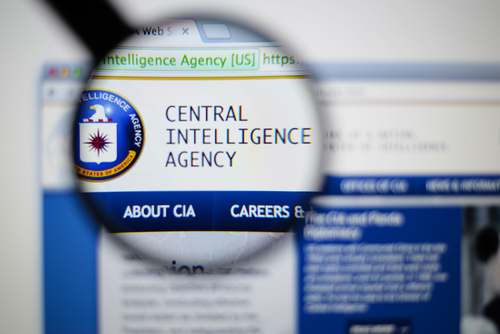A newly declassified CIA document reveals that then-Vice President Joe Biden requested the withholding of an intelligence report, igniting debates on transparency and potential overreach.
Biden’s Influence on Intelligence Practices
In early 2016, then-Vice President Joe Biden allegedly requested the CIA to suppress an intelligence report detailing Ukrainian officials’ concerns about his family’s business ties. This report, central to the Biden–Ukraine controversy, focuses on Hunter Biden’s role at Burisma Holdings, a company under scrutiny for corruption. The CIA complied by classifying the report as “Secret” and marking it “non-disseminated.” Such direct intervention by a sitting vice president is described as “extremely rare” and “inappropriate” by intelligence officials.
This revelation comes at a time when questions about the politicization of intelligence and transparency in U.S. foreign policy are already heightened. The suppression of the report has stirred intense debate among lawmakers and the public alike. Republicans, particularly those in the House Oversight Committee led by James Comer, see this as proof of a cover-up, further fueling partisan investigations into the Biden family’s business dealings.
Historical Context and Allegations
The Biden–Ukraine controversy has roots in Hunter Biden’s 2014 appointment to the board of Burisma Holdings. During this time, Joe Biden was actively leading U.S. anti-corruption efforts in Ukraine, including the controversial push for the removal of Prosecutor General Viktor Shokin, who was investigating Burisma. Allegations have persisted that Biden’s actions were aimed at protecting his son, though no direct evidence has substantiated this claim. The declassified documents, however, renew scrutiny over the Biden family’s ties and the U.S. government’s stance on corruption.
This issue also highlights concerns about potential double standards in U.S. foreign policy, as Ukrainian officials expressed frustration over what they perceived as hypocrisy in the U.S. approach. The suppressed report, now a focal point in ongoing congressional inquiries, underscores the complexities and political ramifications of U.S.-Ukraine relations during a critical period.
Implications and Reactions
The declassification of these documents may have significant short- and long-term implications. In the short term, it has intensified scrutiny of Biden’s actions as vice president and increased partisan investigations. Long-term effects could include erosion of public trust in intelligence agencies and government transparency. The Biden administration has not yet issued a detailed response to these revelations, leaving room for further speculation and investigation.
⚠️HOLY SHIT⚠️
Ratcliffe just released CIA intel showing that the IC knew Biden was engaged in business corruption in Ukraine, that there is a massive “double-standard”, and Biden made them cover it all up.
The Dems are a crime syndicate, and Ukraine was their playground. https://t.co/Q2SiVcJkYC pic.twitter.com/1wIApwpknn
— Clandestine (@WarClandestine) October 7, 2025
As the controversy continues to unfold, it remains a divisive issue that could influence future election cycles and shape narratives in U.S. political discourse. The debate over transparency, intelligence practices, and potential misuse of power will likely persist, impacting both domestic and international perceptions of U.S. governance.
Sources:
Anadolu Agency: US Republican lawmaker claims Biden’s aides hid 2016 Ukraine intelligence
KHQ: Emails: Biden demanded CIA coverup of embarrassing Ukraine intelligence

